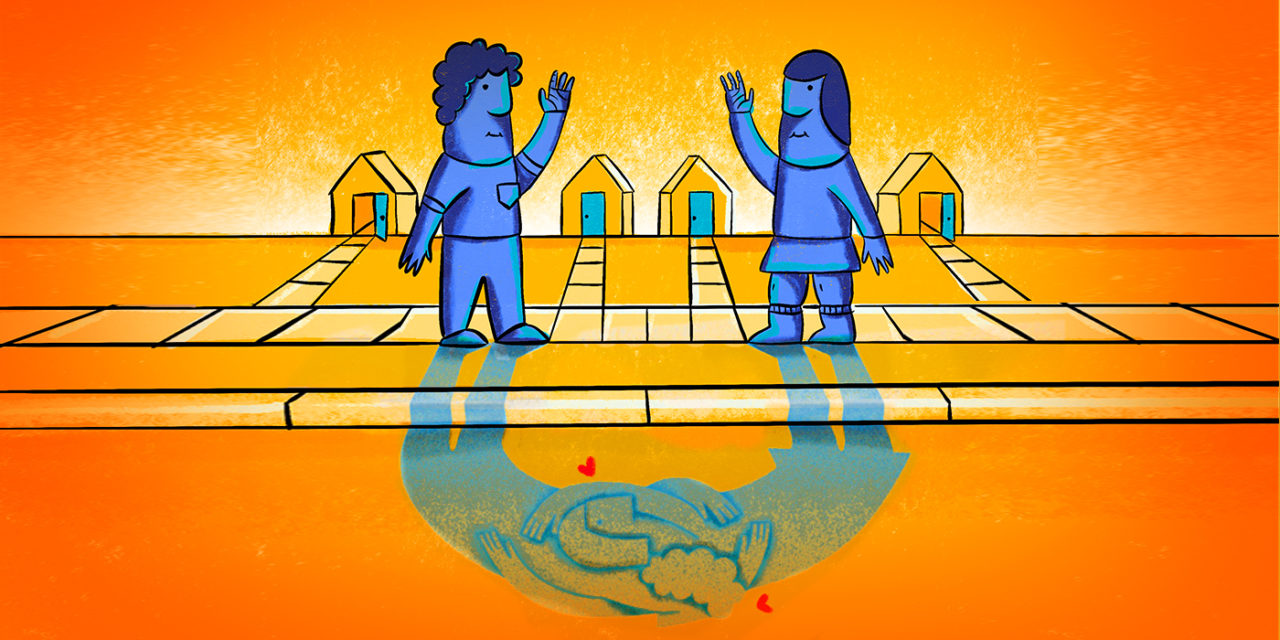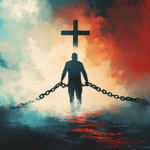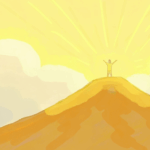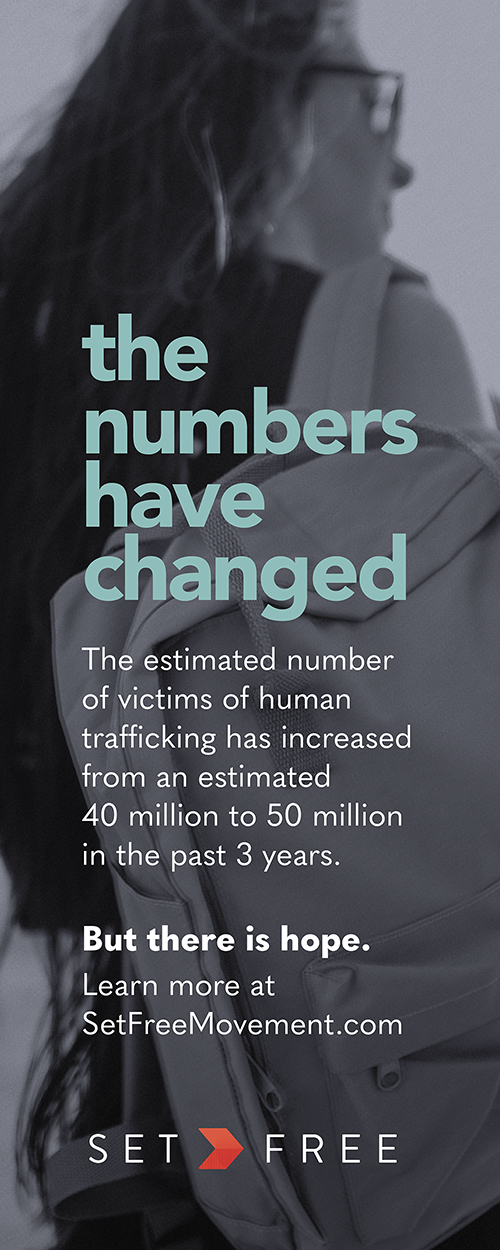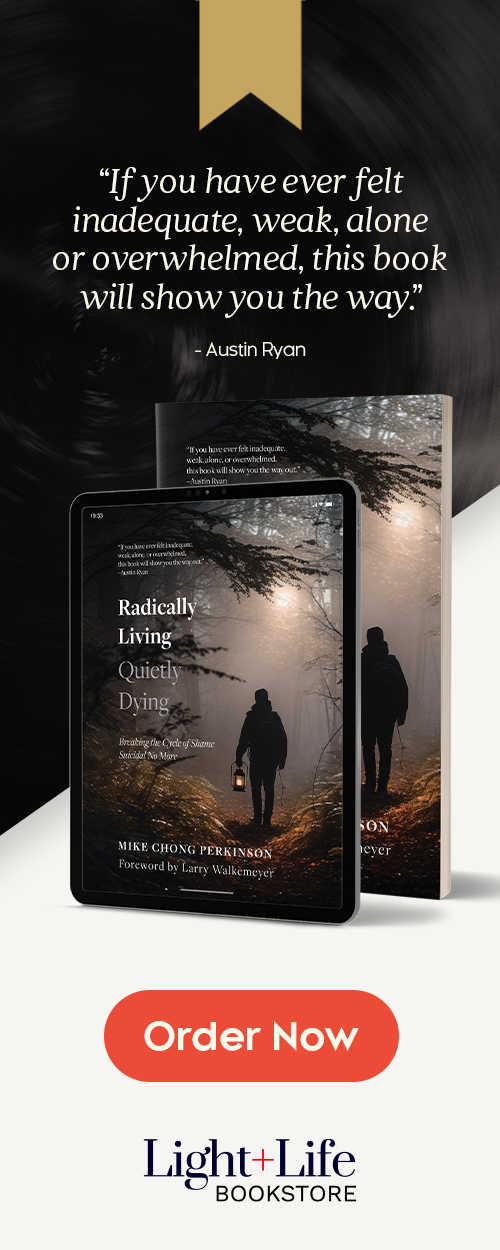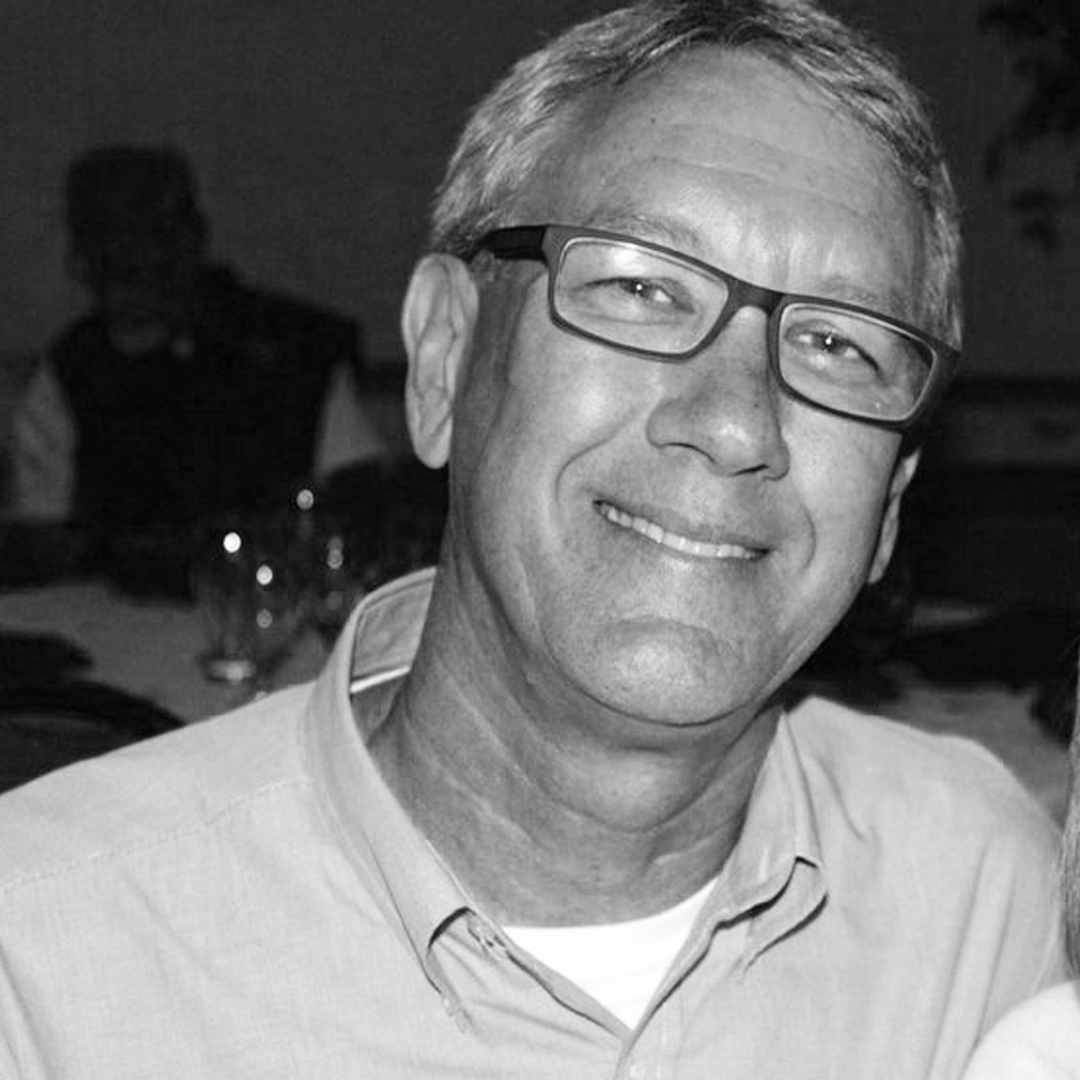
J. Mark Van Valin
Mark Van Valin is the director of the Detroit Initiative, a church-planting arm of Mission Igniter of the Southern Michigan Conference. He is married to Linda and has previously served over 35 years as the lead pastor of Free Methodist churches in St. Louis, Missouri; Indianapolis, Indiana; and Spring Arbor, Michigan.
by J. Mark Van Valin
For One who happens to be the Living Word, Jesus was often a man of few words. The Gospels are maddeningly brief at times. “Love your neighbor as you love yourself” pretty much sums up His take on cross-cultural ministry.
Then some guy in the crowd calls out, “OK. So … then, who is my neighbor?” With that, Jesus launched into a brief story about a compassionate Samaritan, of all people. In a few short paragraphs, Jesus turned the meaning of neighbor on its head (Luke 10:25–37).
A neighbor is someone who is different from you. A neighbor is someone outside your circle, someone you would never look to for emotional, social, or economic advantage. It might even cost you those very things to love a neighbor. A neighbor could be your enemy, or even more complicated, a neighbor could be your friend’s enemy.
Love your neighbor as you love yourself.
That means I need to take time to listen to someone like I would like to be listened to. It means I acknowledge someone in a way that I would like to be acknowledged. I am to show dignity, honor, and respect in ways that would be meaningful if someone were to do those things for me. It means I am not to label people who are different from me. I am not to categorize them, dehumanize them, or demonize them any more than I would like someone to do that to me.
Love your neighbor as you love yourself.
If I take the time to love someone who is different than me, maybe they will become a friend.
Love a friend and, in Christ, maybe they will someday become family.
This is the essence of cross-cultural ministry. It’s not rocket science, but it’s not always easy either.
I live in Detroit, Michigan. I am a minority in a town with the highest Black majority of any large city in the U.S. In my West Side neighborhood, I can go all day without seeing another person who looks like me. About a mile from where I live, there is a little park where a group of men and women hang out to relax, shoot the breeze … and drink. Some are homeless. Many have lost all contact with family. Almost all of them are addicted.
I started going to the park early last summer to be with them. We’ve gotten acquainted and have had a number of cookouts together. We laugh, talk about current events, sports, and whatever is going down on the street. I listen to their stories. I pray with them. I try to help out whenever a need arises. I give rides, provide warm clothes, buy someone breakfast, help with identification papers, apply for health benefits and food cards, help with taxes, etc. — whatever comes up. They call me “Pastor.” I consider the title a high honor.
Sometimes their conversations at the park get crazy. There are times, however, when they pull me aside and pour out their heart. They share their sadness, their regrets, their longings and their dreams. Loneliness is endemic in the world, and so is human longing. I think Jesus knew that.
A man named Obama, who calls himself “President,” wears several layers of worn-out coats. He rides an old bike coated in gray spray paint. He was the first to welcome me at the park. The group there that day asked me who I was. I told them I was a preacher.
“Where’s your church?”
“Right here,” I said. “I’m the pastor of the church on the street.” (That’s true.)
Their next question was, “What kind of car do you drive?” Most of the pastors they know drive nice cars. I pointed to my old minivan with the cracked windshield and a bad muffler. I’ve been slow to get the muffler fixed because when I drive to the park they hear me coming from a couple blocks away. They say, “We know it’s you coming, Pastor! And we look out for you.”
A few weeks ago, one of them said to me, “This whole place changes when you’re here.” I told them it’s not me. It’s the Lord who is here. Their words are sincere, and it’s humbling to be so welcomed by them. I’m a stranger on their turf, and I have to respect that. I consider their neighborliness to me a precious gift. I know their names and have many of their numbers in my cell phone. They have become friends.
We have so little in common. They are African American. I am White. They have limited education. I have a graduate degree. Many of them have lost contact with family. I enjoy the blessing and support of loved ones every day. I can walk by a liquor store and not give it a thought. The liquor store on the corner is their first stop every morning.
We come from different worlds, yet we all bear the image of the One who created us, who knows us best and loves us the most. Out of that image, we share three longings that reside in every human heart.
Every person longs to touch God (or at least find some sense of transcendent meaning to their lives).
It is now a common occurrence for them to ask me to pray for them. One day after a meal, I asked if I could tell them all a story. I got a few words out in a prepared story about Noah and the flood when “President” Obama tilted his head back, closed his eyes, and launched into a seven-minute litany, passionately proclaiming the glories of God. I sensed the Lord telling me to keep quiet and just listen. God was there before I was.
Every person longs to belong to a loving family.
Perry is gay. The other day at the park, he updated me on his injured back, and also how he hopes to return in the fall (after several years of unemployment) to work as a flight attendant. His eyes filled with tears as he shared his heartbreak over not seeing his family: “I have nieces and nephews who I don’t even know.” “Easter is coming,” he said, shaking his head. He grieved over spending yet another holiday alone. I prayed over him, for God to restore his back and help him realize his dream to work again. I also made a mental note to see how, in the midst of a pandemic and unpredictable Michigan weather, we might bring an Easter meal to the park.
Queen Mama comes to the park most every day. She lives near downtown with her daughter, but she takes the bus to come here. “This here is family to me … more than my own family is.”
Every person longs to make some positive difference in the world.
Uncle Frank looks out for everyone. Every day he picks up all the empty bottles and cans around the little park. He always makes it a point to show me. And I always make it a point to thank him. Picking up trash is work that God wants done.
I take note of small signs of these three longings in my friends. They provide a potential bridge to the gospel. God placed these desires in every human heart. The gospel of Jesus — as expressed through the worshipping, fellowshipping, and missional community of the church — provides the most comprehensive answer to this most basic human need.
Because of our sin and woundedness, our God-given longings are twisted and deformed, maybe lying dormant for a time, but they are still there. I tell Perry that the most important thing about him is not his skin color or his sexual orientation, the pain in his back, or the trauma of his past. The truest thing about him is that he bears the image of a loving God who made him, who intended him, who knows all about him and loves him anyway. Perry is not sure he is ready to believe it yet, but I keep reminding him.
A year ago, the folks at the park were strangers to me, but by spending unhurried time with them, they have become friends. I continue to work and pray for the day when, in Christ, they will someday become family.
Our nation is bitterly divided — wrenched apart by race, political ideology, sexual ideology, and religion. Everyone retreats to their own corner. We talk only to ourselves within our own echo chambers on social media. We draw and redraw our battle lines, then shout across the growing chasm, dehumanizing and demonizing those who are not like us.
To paraphrase, Jesus said, “The Gentiles act this way, but it shall not be that way among you. The world retreats and reacts in fear, but you are freed by a relentless grace, filled with a sacrificial love, and endowed with an eternal hope.” Perfect love drives out fear (Matthew 20:25–28, Mark 10:42–45, 1 John 4:18).
In Christ, we are free to cross the gap to love a stranger. If we take time to love a stranger, maybe they will become a friend. When we take unhurried time to love a friend, in Christ, maybe they will become family.
The goal is not that people will become like me, but rather together we will become more like Jesus.
This brings to mind the collateral blessing that comes with cross-cultural ministry. When I help someone who is different from me come to know Jesus, I get to know Jesus better too. I come to see Him through new eyes. Like a diamond angled in a new light, I discover facets of Jesus — His beauty, grace, and glory — that I never knew existed.
I love the old hymn, “Just as I Am.” It evokes the images, the sounds and smells of a revival tradition out of which I was born. But then I hear a Black choir sing the old spiritual:
Steal away, steal away, steal away to Jesus.
Steal away, steal away, steal away home.
I ain’t got long to stay here.
It its light, I am drawn to a storied struggle that I will never know firsthand. I am afforded, however, a glimpse of a gospel that is deeper and broader than I had previously known. The stories of the deliverance out of Egypt, the brutality of the cross, the hope of the resurrection, and the promise of heaven take on greater power and weight when I see them through the eyes of my Black brothers and sisters. When I keep to myself, Jesus becomes small, reduced to a mere projection of my own biases and preferences. When I see Christ through those who are different from me, He looms large, and I rediscover Him again for the first time.
In Revelation 7:9, we get a glimpse of a coming day:
“After this I looked, and there before me was a great multitude that no one could count, from every nation, tribe, people and language, standing before the throne and before the Lamb.”
Imagine heaven, worshipping, fellowshipping, and serving with strangers who have become family — from every place and time in history. Think of the amazing stories we will hear. The music! The fellowship! The food!
And in that day, we will worship around the throne of the true Lamb, not our own projection of a Jesus who looks like me and thinks like me, but the One who is in all and through all and in whom and through whom all things were made. Now we see through a dim narrow glass, but then we will see Him face to face (1 Corinthians 13:12).
And it will be glorious.+

J. Mark Van Valin
Mark Van Valin is the director of the Detroit Initiative, a church-planting arm of Mission Igniter of the Southern Michigan Conference. He is married to Linda and has previously served over 35 years as the lead pastor of Free Methodist churches in St. Louis, Missouri; Indianapolis, Indiana; and Spring Arbor, Michigan.

